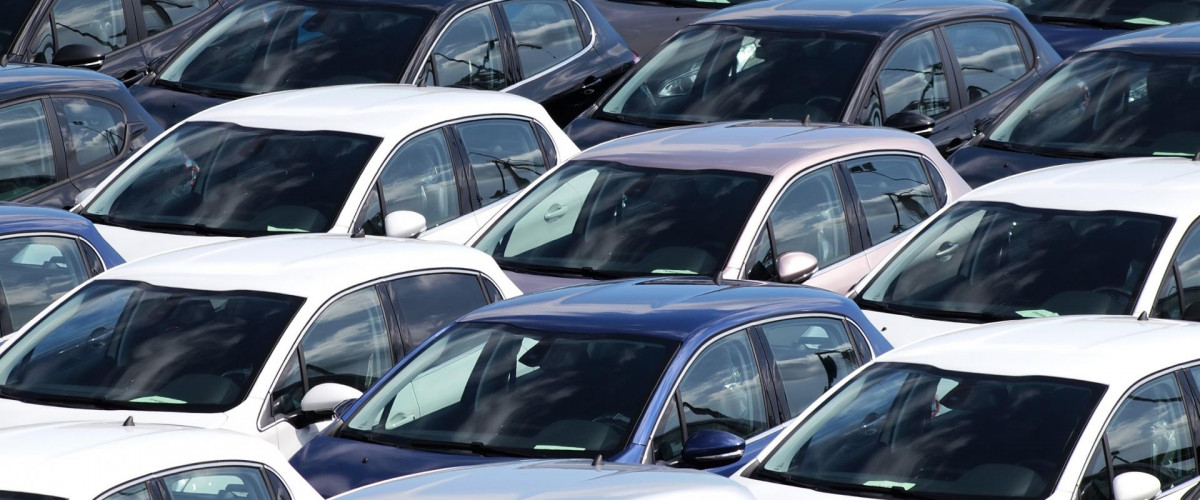German car industry calls on EU to drop tighter emission limits in light of crisis
Süddeutsche Zeitung / Frankfurter Allgemeine Zeitung
The German car industry has urged the government to back them in efforts to make the European Union drop a planned tightening of emission limits on cars, reports Süddeutsche Zeitung. Leading industry and trade union representatives met with Chancellor Angela Merkel, economy minister Peter Altmaier, and transport minister Andreas Scheuer on 1 April for a crisis meeting in light of the economic difficulties car manufacturers are facing due to the coronavirus. "This not the time to think about further tightening of the CO₂ regulation," Hildegard Müller, president of in the influential carmaker lobby group VDA later said.
Meanwhile, analysts from the Landesbank Baden-Wurttemberg (LBBW) called it "absolutely necessary" to discuss the European Commission's CO2 fleet regulations in light of the coronavirus crisis, writes media FAZ. The analysts expect 12 to 15 percent fewer cars being sold worldwide this year, while manufacturers may have to pay 15 billion euros in fines to the EU for failing to comply with CO2 limits. "Surely it cannot be that the state is supporting the economy with short-time work and liquidity aid and at the same time the car manufacturers are supposed to transfer 15 billion euros to Brussels," said LBBW car analyst Gerhard Wolf. The bank proposed suspending fines for a year, slowing down the tightening of CO2 fleet limits, or introducing a bonus system to reward progress on green mobility.
Sascha Müller-Kraenner, head of Environmental Action Germany (DUH), however, criticised car manufacturers on Twitter, saying "the car companies have no qualms to use the corona crisis as an excuse to sabotage EU climate goals. When will VDA & consorts realise that they can only get out of the crisis WITH climate action?"
Germany's largest carmakers, including VW and Daimler, have suspended production in a bid to cushion the impact of the coronavirus outbreak and introduced 'short-time' work for their employees in order limit the damage to their businesses. The virus' outbreak is likely to cause a massive reduction in Germany's industrial output and is set to largely paralyse economic activity for at least several weeks.


